super foods
SuperFoods
The term “superfood” is a fairly new term referring to foods that offer maximum nutritional benefits for minimal calories. They are packed with vitamins, minerals, and antioxidants. Superfoods are foods that have a very high nutritional density. This means that they provide a substantial amount of nutrients and very few calories. They contain a high volume of minerals, vitamins, and antioxidants. Antioxidants are natural molecules that occur in certain foods. They help ceutralize free radicals in bur bodies. Free radicals are natural byproducts of energy production that can wreak havoc on the body.
uses of super foods

HORMONES & MOOD
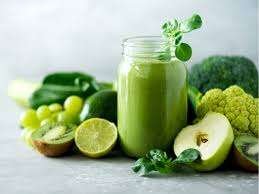
DETOX

DIGESTIVE HEALTH

SKIN & HAIR
Millet
Holistic Breakfast Food: Millet is Holistic Breakfast Food, comprises a vast array of key nutrients like vitamin C, vitamin E, B-complex vitamins, iron, calcium, antioxidants, proteins, fibers, sufficient calories and useful unsaturated fats. Following a deep sleep at night, the stomach and intestines display peak levels of metabolism in the morning. Hence, having Millet based foods for breakfast activates the digestive juices and ensures complete assimilation of nutrients found in millets, which are absorbed into the bloodstream and transferred to vital organs in the body namely the heart, brain, lungs, liver and kidneys.
One among these Millets is the Finger Millet, also known as Ragi is an important millet grown extensively in various regions of India and Africa.
Benefits of Millet:
- Millet has High Protein Content
- Millet is a Rich Source of Minerals
- Millet Controls Diabetes
- Millet has Anti-microbial Properties
- Millet has Anti-cancer Potential
- Millet Keeps you Young
- Millet Reduces “Bad” Cholesterol, Prevents Cardiovascular Disease
With the UN declaring 2023 as the International Year of Millets, even remote millet farming communities across India have joined this Millet Movement. In a remote village of Kanthalloor, Kerala, rural farmers are working to revive their traditional grain and diversify millet varieties under Lenovo Work for Humankind project. The farmers are now expanding from just Finger millet(Ragi) to Barnyard Millet, Little millet, Foxtail Millet, Proso Millet, Pearl Milllet , Kodo Millet and Browntop Millet.
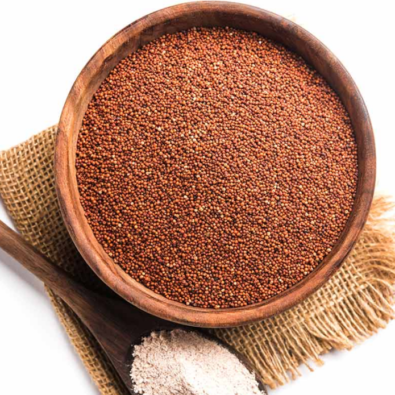
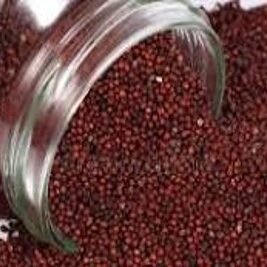
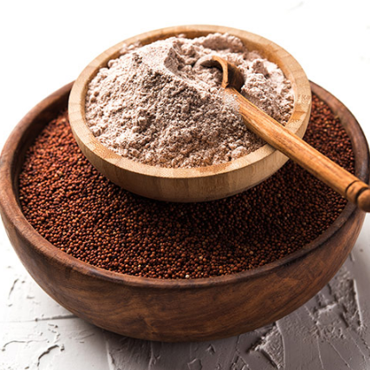
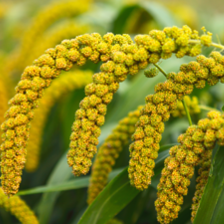
Barnyard millet:
Barnyard millet is a hardy crop, not perceptible to stresses of climate or pests. It has greater nitrogen-use efficiency over other cereal crops and can even be used to reverse soil contamination. This variety is similar in taste to broken rice and has high levels of protein, calcium, iron, minerals, and vitamin B complex. It is also low in carbohydrates and gluten-free, making it very beneficial for those with type 11 diabetes and heart issues.
Little Millet:
Little millet is a versatile millet that is used not only as a nutritious food but also as animal feed, and bioenergy. It is a climate-resilient crop that is adaptive to most environments, less susceptible to pests and diseases, and less resource intensive. It has a great nutrient profile, rich in magnesium for heart health, and other micronutrients like calcium, zine, and protein.
Foxtail Millet:
Foxtail millet is one of the world’s first cultivated crops, dating back some 4000 years. It is a dry season crop and is primarily grown in arid and semi-arid regions. Its short crop cycle and high nutritional profile make it a great crop for food security. It has a lot of micronutrients and a notably high amount of vitamin B1 which can reduce the risk of neurological disorders like Alzheimer’s disease and Parkinson’s disease.
Proso Millet:
Proso millet is a heat and drought-resilient crop with a cycle of 60-100 days. It works very well for wheat-based rotation, as it improves wheat productivity by controlling weeds and is pest resistant. Proso millet is full of micronutrients and essential amino acids, which help with heart health and regulate insulin levels amongst other health benefits. Proso is also grown as livestock feed due to its nutrient value, and as biofuel as it can be used to make ethanol.
Kodo Millet:
Kodo millet is a hardy crop with variations that are both drought resistant for drier climates with rocky soil, and that grows in wetter conditions, able to grow in floods and swampy land. Kodo can also be grown in low- nutrient soil and without irrigation. Kodo is known as a better alternative to rice, as it is full of antioxidants, lowers blood sugar and cholesterol, and has anti-allergic properties.
Goose Berries
- Amla powder is known for its high levels antioxidant and vitamin C content.
- Amla contain more than 80% water along with protein, minerals, carbohydrates and fiber.
- Amla is also a good source of iron, phosphorus, potassium, copper, vitamin A and E.
Product Description
- Promotes immune function.
- Amla juice is a great source of vitamin C
- which is a water-soluble vitamin that acts as an antioxidant.
- Enhances liver health.
- Supports healthy digestion.
- Promotes heart health.
- May increase hair growth.
- Improves kidney health.
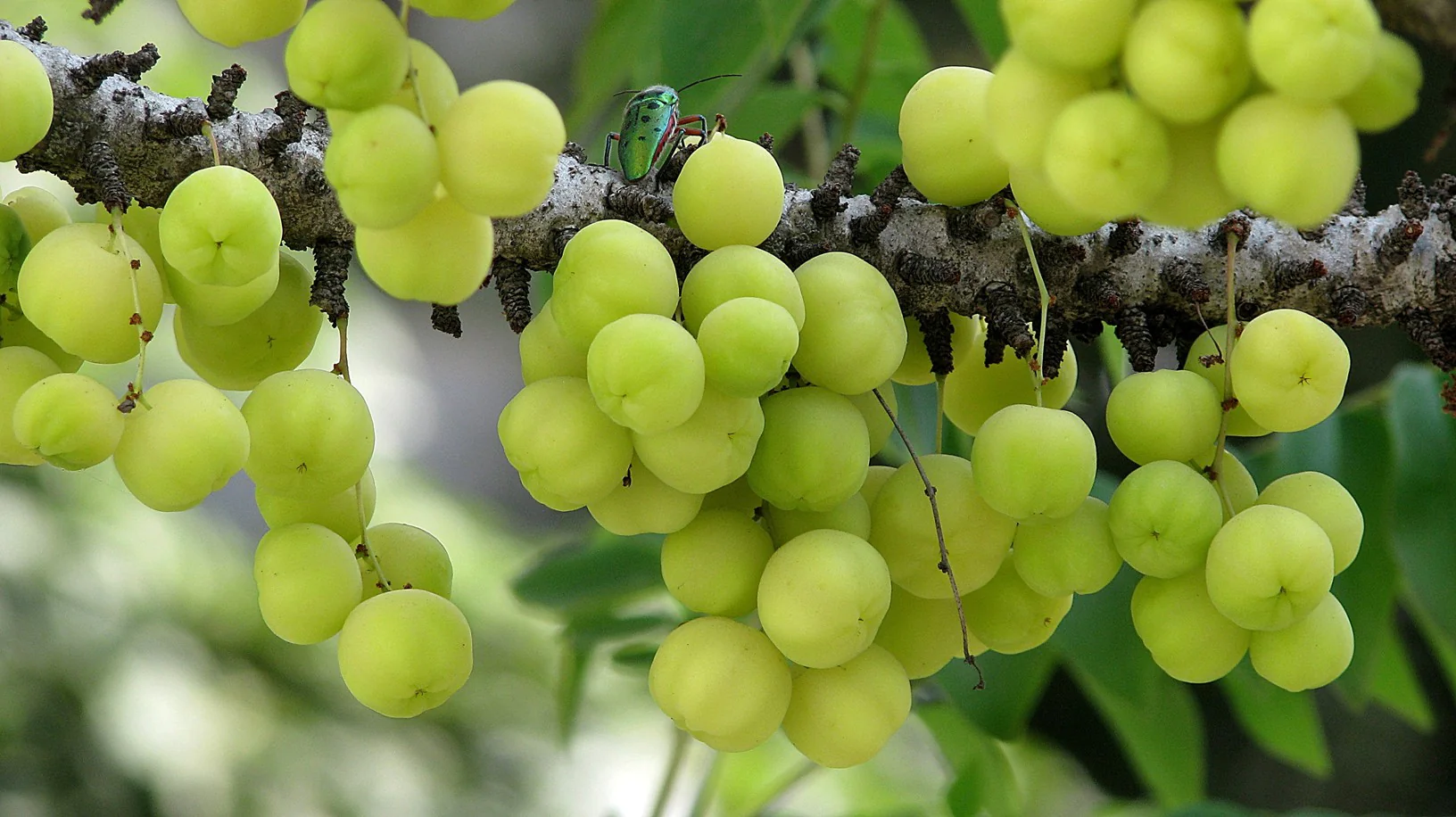
hemp hearts







jack fruit Powder
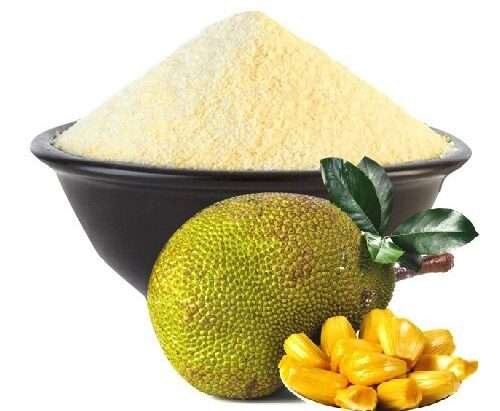
Jackfruit powder, sourced from the dried and ground flesh of the jackfruit, is a nutrient-dense option with a spectrum of potential health benefits. Rich in vitamins like A and C, potassium, and antioxidants, it supports overall health and immune function. Its high fiber content aids digestion and may contribute to better blood sugar control.
Beyond its nutritional profile, jackfruit powder is appealing for its versatility in the kitchen. As a gluten-free, low-calorie ingredient, it’s often used as a substitute for meat in vegetarian and vegan recipes. This adaptability makes it an attractive choice for those seeking plant-based alternatives.
